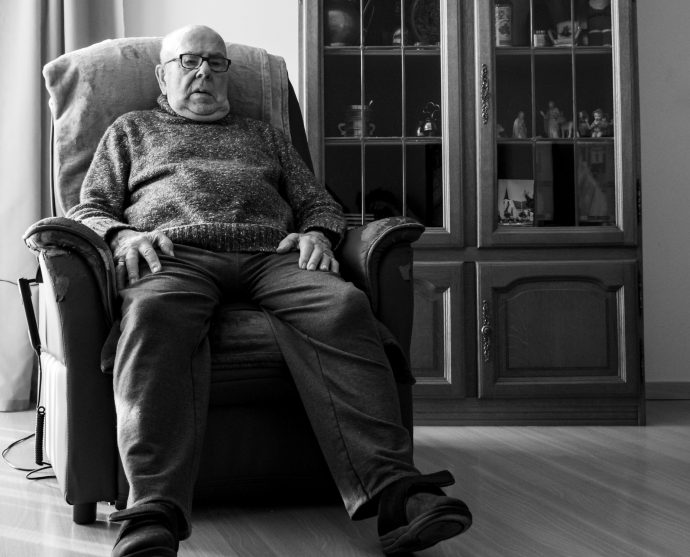No matter how healthy you are the situation could arise requiring you to need extended home care. Exercising, a great diet, and mental clarity cannot insulate you against accidents that can leave you or your loved one bedridden for weeks or months.

Here are a few common health conditions that could result in the need for home health care:
Knee or Hip Replacements
Falls are a real threat that elderly people face every day. A bad fall could result in a broken hip or knee. Arthritis could make it necessary to have a knee or hip replacement. It could be months before you are physically able to resume your daily activities. Things like showering, toileting, and ambulation with a walker may result in the need for some long-term assistance.
Lung Disease
Debilitating lung diseases like emphysema, cancer, and COPD can leave you breathless. Shortness of breath may cause dizziness and confusion. When this occurs you or a loved one could be in danger of fainting and falling. Confusion could cause negligent acts like leaving a stove on or wandering away from home. As a lung disease progresses, you could find that you need help so that you can remain in your home. A qualified caregiver like those found at vitalsupporthomecare.com could be your answer.
Caregivers come to your home. They perform tasks that you are unable to do like cooking and simple cleaning. If you need help with ADL’s (activities of daily living) like dressing or bathing, the caregiver can help you. The home caregiver will also help to keep you safe. They will look for cords, rugs, or other trip hazards.
Mental Illness
People who suffer from mental illness or diseases such as Alzheimer’s are likely to require constant care. Wandering, sundowners, confusion, and even combative behavior can all be reasons for a home care assistant to come in long term. The assistant would help with safety, preventing the person from wandering off. They can cook and encourage eating and drinking—something that is often forgotten by those suffering from dementia. A caregiver can also monitor you or your loved ones for signs of skin breakdown, depression, and other problems that may arise.
Health conditions can lead to hospitalizations and long-term care facilities. A home caregiver can allow you or a loved one to remain in the home after a disease diagnosis, illness, or accident. This makes most people feel safer, happier, and more at ease.

